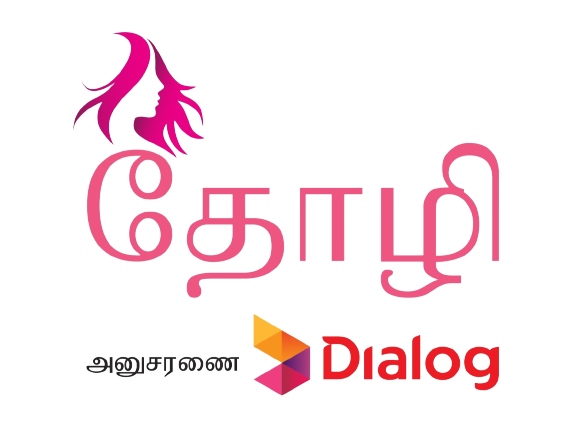Adoption of a Child

The best guardian of children is the court. The court also has the power to make all necessary
arrangements for the best interest and development of the children.
The statutory law governing the legal adoption of a child under common law is the Adoption of Children
Ordinance No. 24 of 1941.
The provisions of the Act indicate the legal requirements for adopting a child legally.
The District Court has the jurisdiction to entertain the adoption procedure and deliver the order of
adoption.
Such a request should be submitted to the district court of the jurisdiction where the relevant applicant
resides under the summary procedure.
In such a request, the applicants should be over 25 years of age. And the age of the child should be less
than 14 years. Also the age gap between the applicant and the child should be more than 21 years.
Furthermore, the applicants should produce evidence that they are having a stable economical, social and
cultural environment for raising a child and the court will also take steps to confirm this by calling reports
from the probation officer of the relevant area.
Finding a child can be done by the applicants themselves or by a request from an orphanage registered in
the register of the Probation Department.
When adopting a child, the child’s natural mother and father should express their consent. In the case of
an illegitimate child, the consent of the natural mother is required. When the child is under the custody
of an orphanage or a government home, the expressed consent of the concerned guardian is required.
The court also inquires about the consent of the child. Applicants should not give or promise to give any
kind of money, reward or consideration to any person or institution in relation to getting the child and it
should be confirm in the court.
After considering the best interest and welfare of the child, the legal request of the applicants and the
facts therein, the court will deliver the order of adoption.
Thus, in case of adoption, the child is entitled to the family name of the applicant father. Applicants are
also allowed to enter a name of their choice as the child’s name. The Court issues an order to the Registrar
General to issue a new birth certificate for the child, including the details of the applicants as the details
of the child’s father and mother.
After the adoption, the applicants are considered as the natural parents of the respective child and they
are entitled to all the rights related to the child. The adopted child also has all the parental rights and
inheritance rights.
Here, the statutory law considers several important issues.
Those are;
- Required age gap between the applicants and the proposed child is more than 21 years will varies in
the following cases.
I. When the child is a direct descendant of the applicant
II. When the child is a full or half brother or sister of the applicant
III. When the child is a child of the applicant’s wife or husband from another marriage - When the applicant is male, if he is willing to adopt a female child, the court will not grant permission
to adopt the proposed child. But if there is a special relationship between them, the court will consider
the facts and deliver an order. - When both applicant husband and wife are alive, only one person can make the relevant request in
following situations.
I. If one party cannot be found
II. If they are divorced
III. If one spouse suffers from mental disorder
Otherwise Adoption order is not granted without the consent of the other spouse.
The concept of the best interests of the child in the adoption of a child is elaborated in section 4 of the
Adoption Ordinance. It states that the best mental and health interests of the child shall be considered
and the biological mother’s attachment to the child in terms of mental health shall be considered and the
child shall never be separated from her against her will. if the mother suffers from dementia or mental
disorder the custody and ownership of the child is held by the relevant district court where the child
belongs.
Even foreign parents who are living in a foreign country can adopt a Sri Lankan child. For that, there is a
unique and specific legal procedure. The relevant child should live in a government children’s home and
should be a registered child under the Orphanages Ordinance.
There are some procedural actions that the parents who wish to adopt a child should go through the Sri
Lankan Embassy in the country where he lives. Even after adopting the child, a follow-up is done until the
child completes ten years.
According to Kandyan Law and Tesawalamei Law, there are some differences in the procedure of adoption
and the legal rights of an adopted child . Tesawalamei or Kandyan Law or Muslim Law or any existing
system of by-laws or traditions will never supersede the common law.
Source: Women In Need
